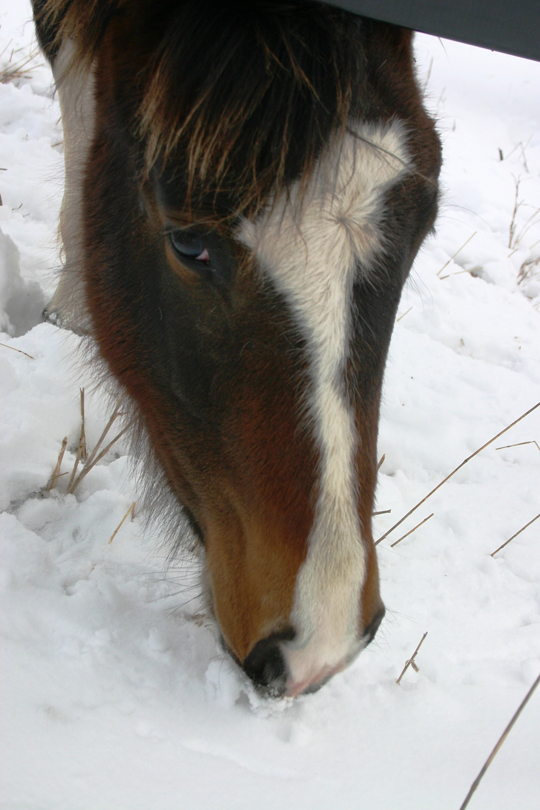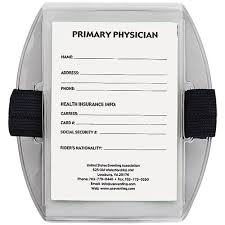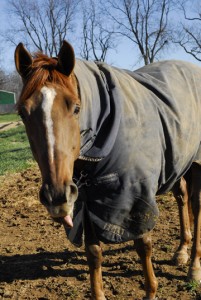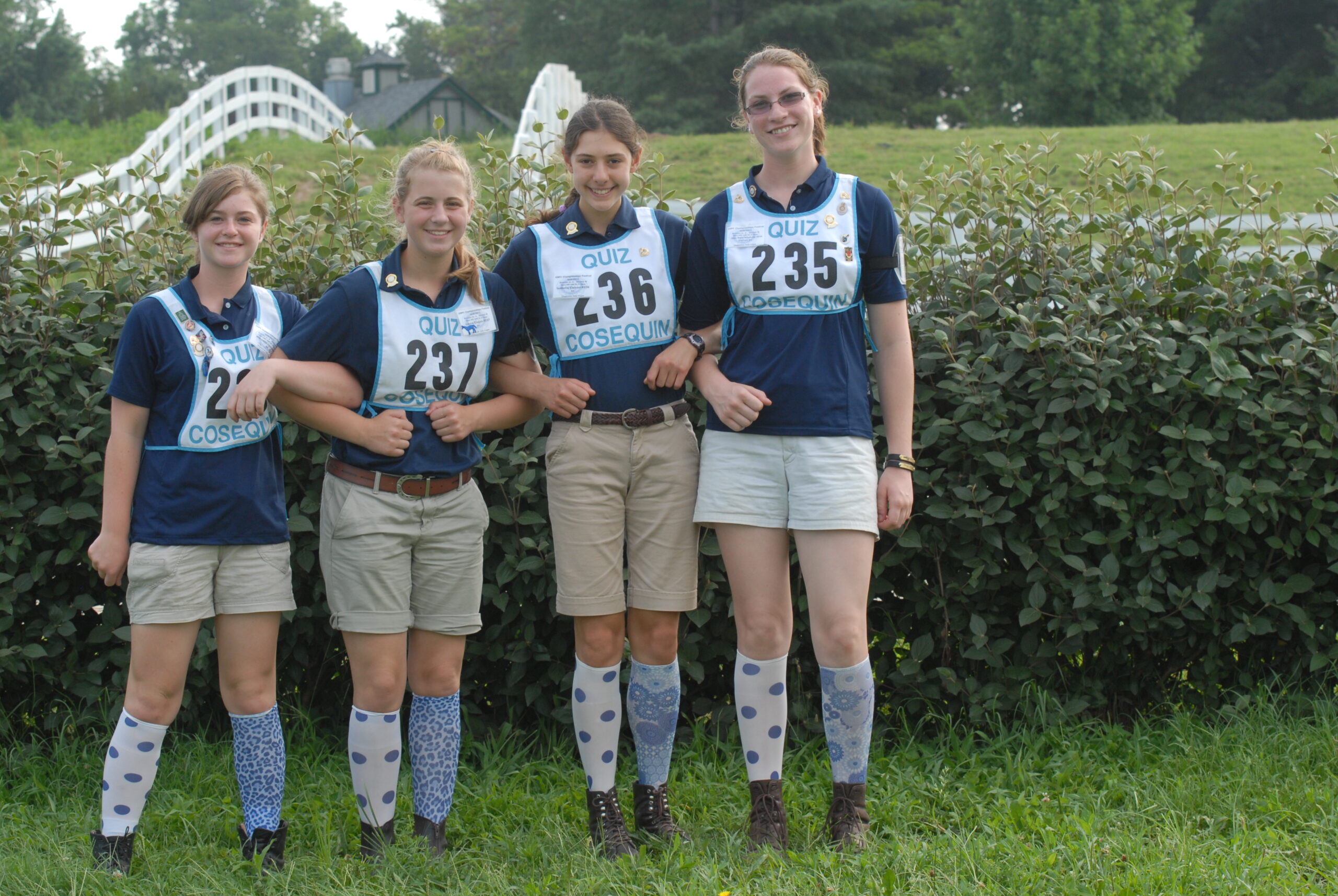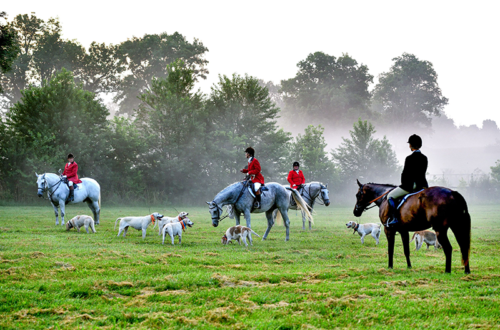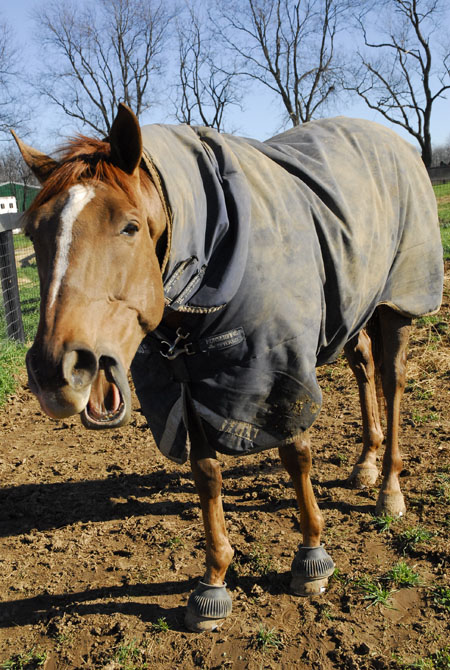
Winter Horse Care Part 1
Today we start a two part blog about winter horse care from Veterinarian and RS of the Lake Shore Region, Dr. Rae Birr. Its cold out there this time of year. Take the best care of your horses possible. In this first part we have some trivia and some specifics about water in the winter. Tune in to the next part where we will discuss winter preparation and some thinking points to consider for horse care in the cold.
We have Pony Clubs all over the United States including some place that never see freezing temperatures or snow, so this article will start with some trivia questions that every good Pony Club member should be able to answer!
How much water does a 1000lb horse, at rest (not doing any extra work) drink in a day? 10-12 gallons
Can horses get frostbite? Yes, usually on their ears and corneas (surface of the eyeball) or areas that have been shaved or where they have no hair (sheath and teats). They do not get frostbite in their feet.
Can horses eat snow to cover their water needs in the winter? No, they cannot eat enough snow to replace the losses of water in normal metabolism.
Can horses freeze to death? Yes, but it takes unusual circumstances—the horse is sick or undernourished or has no shelter of any sort.
Water in the Winter
The average 1000lb horse who is just walking around his stall or paddock needs 10-12 gallons of water in a day to keep his body running smoothly Water is needed to lubricate the muscles, digestive tract, the eyes, and joints. Water is needed everywhere in a horse’s system to keep things moving smoothly.
Have you ever watched a horse snort and breath hard in the winter? Do you see the cloud he produces (like when you can see your breath in the cold)? That cloud is made of water droplets. We can see how much water is part of the respiratory system when a horse breathes out the big clouds of moisture in the winter.
In the winter, even more water is needed than other seasons! The air is drier and the airways and skin get dried out. What we feed our horses in the winter is drier too. Our horses who live where the ground freezes or where snow covers the ground cannot eat lush, water-filled grass all winter. They munch on dry hay or processed grain. Digesting that feed starts right in the mouth with saliva (saliva is mostly water) and goes all the way through the digestive track using lots of water to keep it soft and moving.
Horses need a source of clean, fresh water in the winter just as much as they need it in the warmer months. Snow is not a substitute for fresh water. It takes a significant amount of heat and energy for snow to melt and the horse needs to use his energy to stay warm, not melt the snow. Have you ever melted snow in a pan and noticed how little water is produced by a great big scoop of snow? The horse would have to eat snow all day long to get enough water to supply his body. And he would get cold doing it. Horses who, through neglect, have no source of water except to eat snow and ice become dehydrated. Snow is a poor source of clean water as snowflakes capture pollutants from the air and these can be harmful.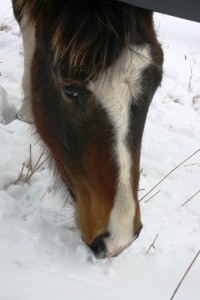
As horses age and their body systems become less efficient, they often need to drink even more water than younger horses. Couple that fact with older teeth or gums that might be sensitive to cold and you have a horse that will have a hard time meeting his water intake needs. These horses appreciate and need a source of water that is warmer than freezing temperature. They may even need to be encouraged to take in more water through adding water to their grain or wetting down their hay.
What happens if a horse does not drink enough water? All the body systems that need the lubrication of moisture become dry and inefficient. Their joints are stiffer, their urine is more concentrated (making the kidneys work harder), their eyes are drier, their digestive tract becomes sluggish and can eventually shut down altogether. Impaction colic is common in the winter and is very often caused by inadequate water intake.
Coming on Friday… Preparation for winter and wintertime thinking points.
Our blog article comes to us today from USPC Advisory Board Member and Veterinarian, Rae A Birr, DVM. Rae graduated from Pony Club as a B in 1978 and graduated from Michigan State University as a Veterinarian in 1984. Her practice career has always included horses, particularly equine medicine, reproduction and conditioning. She feels strongly about educating the horse owning public so we can be even better caregivers of our equine partners.
